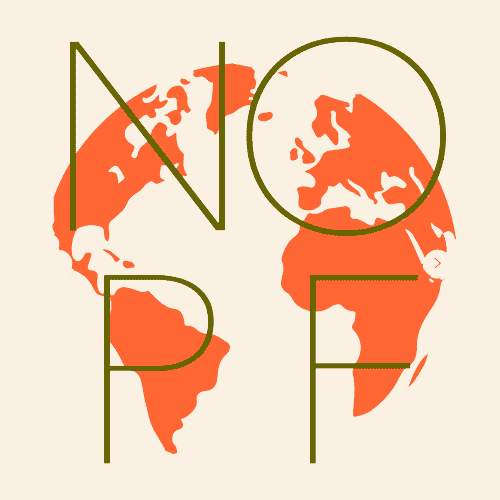Event Type
Panelists will explore how contemporary poets use transgression and ritual to challenge conventions, reclaim autonomy, and confront oppressive structures through their craft. Angela de Foligno, a thirteenth-century mystic, said, “And when a scab from the leper’s sores had become lodged in my throat, I tried to swallow it; and my conscience kept me from spitting it out—just as if I had received Holy Communion.” This visceral moment of abjection—merging the irreverent with the sacred—resonates deeply with contemporary writers who draw inspiration from figures like Foligno, Georges Bataille, and Julia Kristeva to navigate the intersections of sublime aesthetics. Discussing how they grapple with the limits of language to enact abjection and ecstasy, panelists will speak to working within the tradition of redefining sublimity to render irreverence, resistance, and reclamation in their writing. The discussion will define the abject, consider the tensions between poetic and public speech, and explore the ethics of refusal to examine how these ideas manifest within poetic practice and ritual. By placing their work in conversation with contemporary and historical poets, panelists will explore transgression as craft: a catalyst for reimagining language, confronting oppressive structures, and transforming the act of writing into an act of defiance.
